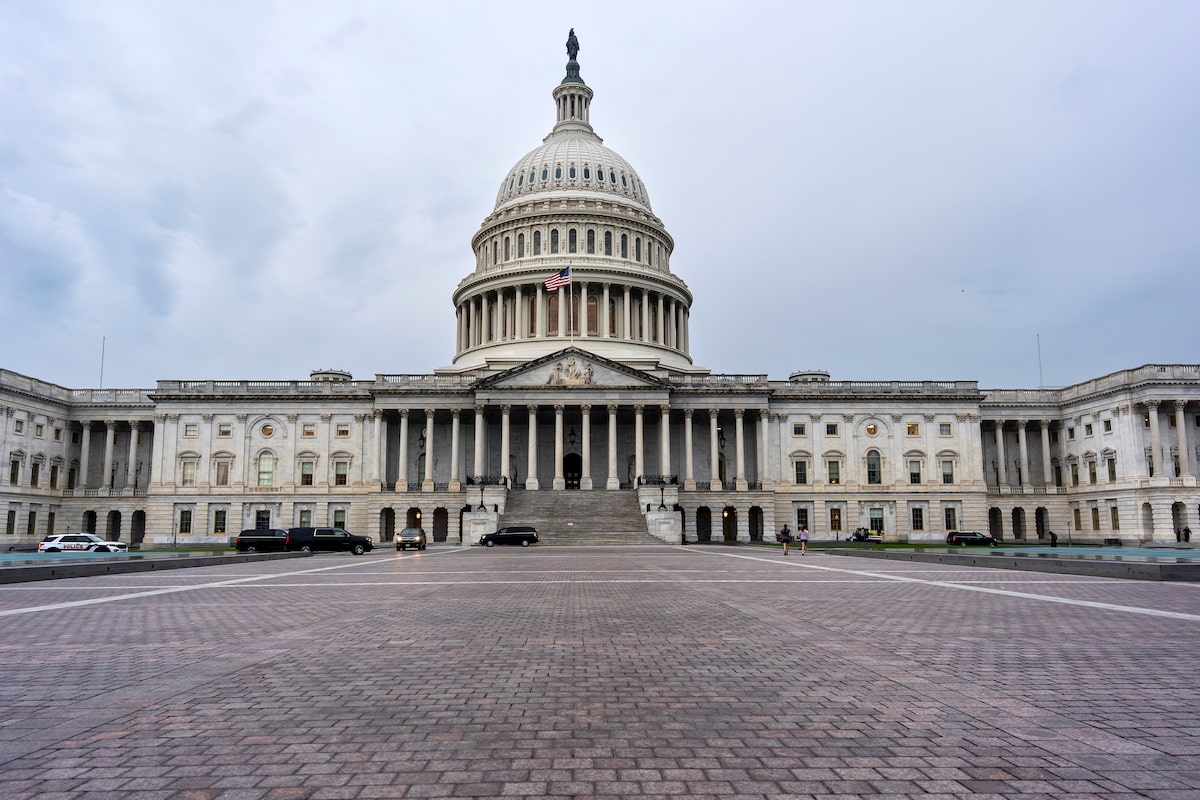The U.S. government has been through 15 shutdowns since 1981.J. Scott Applewhite/The Associated Press
The U.S. government partially suspended operations Wednesday in a dispute over health care funding as opposition Democrats remained determined to obstruct President Donald Trump’s agenda and fight back against cuts to social spending.
The shutdown will see 750,000 federal workers either furloughed or working without pay and a range of government services either closed or scaled back.
Mr. Trump has threatened to use the funding blockage to fire more government employees and make deeper cuts to programs. The President has already implemented a string of layoffs and buyouts that will cut 300,000 jobs by the end of the year.
Since 1981, the U.S. government has been through 15 shutdowns, which happen when Congress and the President fail to pass budget legislation, blocking a large portion of funding for the government. Many of these shutdowns have lasted just a few days, with the longest stretching for more than a month in 2018 and 2019 during Mr. Trump’s first term.
This time, Democrats have refused to let a budget pass unless Mr. Trump’s Republicans agree to extend tax credits for people purchasing subsidized health insurance under the Affordable Care Act, popularly known as Obamacare. If the tax credits, which expire at the end of the year, are not extended, health insurance will become more expensive and more than three million people will lose health coverage, according to an estimate by the non-partisan Congressional Budget Office.
Democrats are also demanding that Republicans reverse a nearly US$800-billion cut to Medicaid passed earlier this year as part of Mr. Trump’s One Big Beautiful Bill Act. Once implemented, that cut is expected to take health care away from nearly eight million people. Medicaid is a government program that pays for health care for the poorest Americans.
Although Republicans control both houses of Congress, they need Democratic help to reach the 60-vote threshold to avoid a filibuster in the Senate, where Republicans hold 53 of 100 seats. The governing party has said that they will only negotiate over Obamacare tax credits after the funding legislation has passed.
The U.S. government shut down much of its operations on Wednesday, setting off what could be a long, grueling standoff that could lead to the loss of thousands of federal jobs.
Reuters
Republican Senate Majority Leader John Thune accused “far-left Democrats” of shutting down the government out of personal animus against Mr. Trump after a last-ditch effort to keep the money flowing with a short-term spending bill failed in the Senate late Tuesday. He said Democrats had voted for such short-term measures in previous Congresses.
“What’s changed is, President Trump is in the White House. That’s what this is about. This is politics. And there isn’t any substantive reason why there ought to be a government shutdown,” Mr. Thune told reporters.
Democratic Senate Minority Leader Chuck Schumer said that, unlike on previous budget legislation, Republicans had refused to negotiate. “Republicans are plunging America into a shutdown, rejecting bipartisan talks, pushing a partisan bill and risking America’s health care,” he said.
Besides the furloughs for government workers, the immediate effects of the shutdown are likely to include the slowing of air travel and much government paperwork, including data for businesses and processing for late-filed tax returns, and fewer staff in national parks.
Layne Morrison, left, and Courtney Creek, who were let go from their jobs with the Education Department and a USAID funded grant respectively, on Capitol Hill during a rally with former federal employees, on Tuesday.Jacquelyn Martin/The Associated Press
If the shutdown goes on for weeks, it could include more drastic consequences as government programs use up monetary reserves. In the 2018 to 2019 shutdown, for instance, the program that provides food stamps for tens of millions of poor Americans nearly ran out of money, as did another program that provided subsidized housing vouchers.
Essential workers, such as border guards and the military, will keep working but will not be paid during the shutdown.
Mr. Schumer has struggled to manage demands from the Democratic base that he do more to stand up to Mr. Trump, who has implemented a sweeping agenda of deporting undocumented immigrants, cutting social spending and firing government workers since returning to power this past January.
In March, Mr. Schumer earned the ire of some Democrats for voting for a Republican funding bill that avoided a government shutdown.
Mr. Trump, for his part, has accused Democrats of being too lenient with the undocumented people he wants to deport. This week, he released a video of Mr. Schumer and Democratic House Minority Leader Hakeem Jeffries that had been doctored with AI to include racial and anti-transgender language, and added a cartoon moustache and Mexican sombrero to Mr. Jeffries.
“It’s a disgusting video and we are going to make clear: bigotry will get you nowhere. We are fighting to protect the health care of the American people in the face of an unprecedented Republican assault,” Mr. Jeffries told MSNBC on Tuesday.
Mr. Trump then posted to Truth Social a doctored version of this MSNBC video as well, featuring himself playing mariachi music behind Mr. Jeffries.

